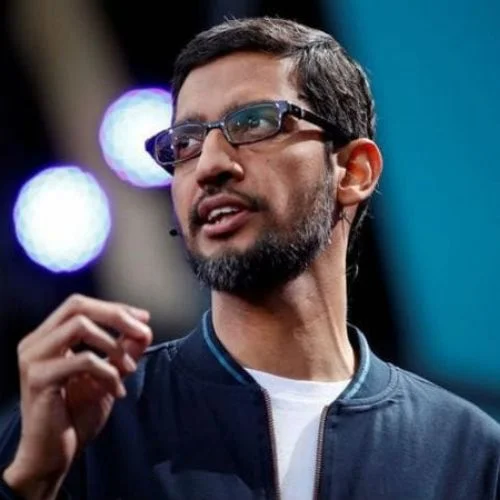Beyond big metropolises like Delhi, Mumbai, and Bengaluru, the popularity of electric vehicles (EVs) is increasing. EVs are becoming more popular in non-metropolitan cities as they aim to appeal to the mass market with more affordable variants. Similarly, luxury brands like Mercedes, BMW, Audi, and Volvo are observing this trend.
In India, four out of every five electric cars are sold by Tata Motors, the largest company in the electric four-wheeler market. According to the data, buyers of the Tiago EV from states like Bihar, Madhya Pradesh, Uttar Pradesh, and Andhra Pradesh make up 25% of all buyers.
According to information from Ather Energy, non-metropolitan areas account for 53% of the company’s overall revenues. According to Mercedes-Benz, consumer interest and awareness levels in tier II-III markets are comparable to those in major metropolises.
Premium electric vehicles
Santosh Iyer, the managing director of Mercedes-Benz India, claimed that since purchasers in non-metros typically own separate homes, charging their automobiles is simpler for them. He claimed that markets in Cuttak, Karnal, and Kozhikode, among others, are ready for high-end electric cars.
According to the survey, automakers have already sold more than 500 luxury EVs in the first three months of this year than they did in all of last year. Additionally, it is anticipated that in 2023, the number of electric cars will more than double and pass the 100,000 mark for the first time. This could encourage producers like Maruti Suzuki, Tata Motors, and Hyundai Motor India to release more EV models over the course of the next two to three years.
Greater ecological development
Customers are now discovering that the adoption barriers—in terms of range, charging, and cost of ownership—no longer exist, according to Vivek Srivatsa, head of sales at Tata Passenger Electric Mobility, who was quoted in the study. According to him, clients are now debating when to purchase an EV rather than if they should do so at all, as indicated by the report.
He said that driving an electric vehicle 1,000 miles per month might save you £7,000 per month. An electric vehicle’s operating costs are one cent per kilometer, compared to about eight cents for an internal combustion engine (ICE) vehicle.
Customers are increasingly choosing EVs over comparable ICE options, according to Iyer of Mercedes-Benz India.
Surge in bookings
EV sales at rival BMW are increasing, with the business receiving inquiries and reservations for its lineup of EVs under the BMW and Mini brands from places like Chandigarh, Lucknow, and Kochi. According to Vikram Pawah, president of BMW Group India, the rate at which adoption is occurring in regions outside of metro areas would help increase customer confidence on a larger scale.
In the next five years, Audi anticipates that EV sales will account for 15–20% of total sales. Balbir Singh Dhillon, head of Audi India, stated that starting in 2033, exclusively electric vehicles would be introduced globally. “This strategy also fits the Indian market.”















